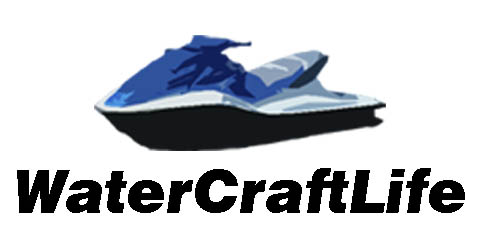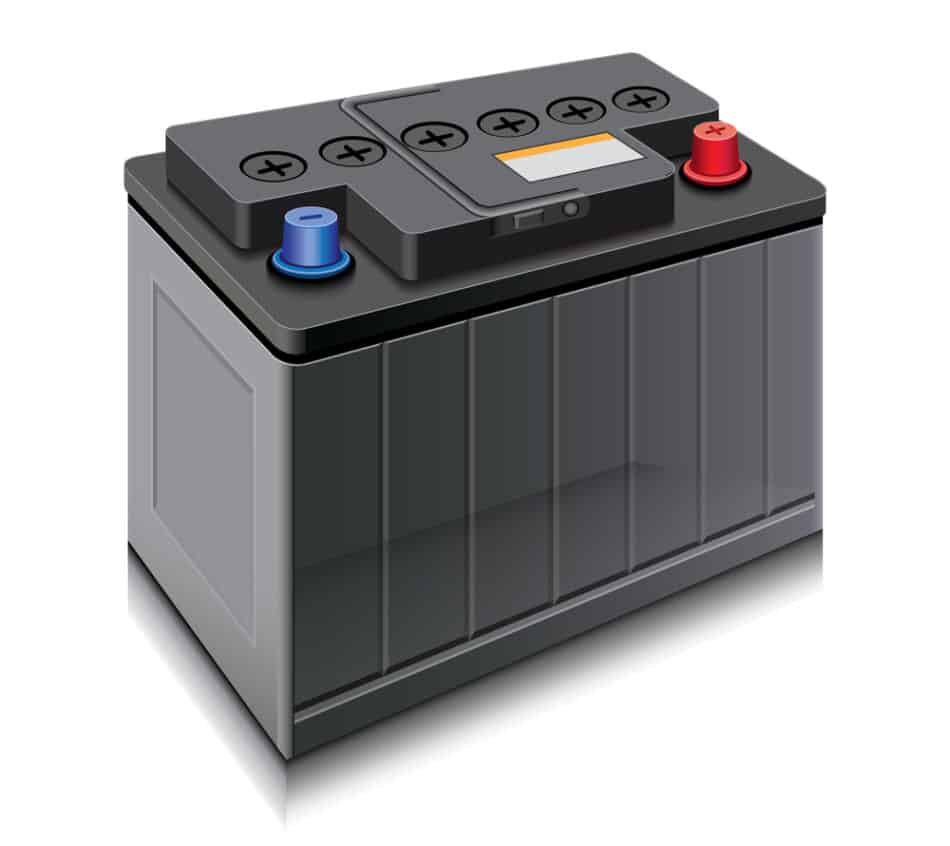The decision to turn off your boat’s battery is something that should not be made without understanding what happens when you do. There are several factors that determine which circumstances you can leave your battery on and when it is best to turn it off.
When you are not using your boat, you should turn off the battery. If you leave it on, power will trickle out of it even when the motor is off. If your boat is connected to shore power, the power may unexpectedly fail, which turns off any non-solar chargers maintaining your battery’s charge.
What happens when I turn my boat battery off?
When you turn off your boat’s engine, you are not completely shutting off power. There will still be a small amount of electricity flowing between your battery and devices like clocks and radios. These devices will slowly drain the power of your battery over time.
When you turn off your battery, this keeps any power from trickling out, unless the bilge pump is activated. Keep in mind that your bilge pump should be connected to the hot side of the battery directly, so it will still be activated regardless of if the battery is switched off. It will not work, however, if the battery is removed from the boat or if the bilge pump was connected through the switches of the battery instead of the hot side. If the bilge pump is activated, it will drain power from your battery.
Another factor to consider when deciding to turn off the battery is whether or not your boat is hooked up to shore power. A lot of boats come with a shore power switch on them. When you hook up to shore power, you can charge your battery. Make sure to use special three or four-stage chargers or maintainers to keep your battery from overcharging. If using a charger, turn the battery to “shore power”, or if you don’t have that switch, “off”.
Is it bad to leave my boat battery on?
It is not necessarily “bad” to leave your boat battery on all the time, but it will drain the power more. You should have access to a battery charger or maintainer if you are going to do this. You should also leave your boat battery switched on if you didn’t connect your bilge pump to the hot side of the battery instead of through the switches.
If you will not use your boat for a 2 week or longer period, I would recommend you turn your battery off so you don’t come back to a dead battery on your boat.
Does the type of battery matter when determining if you want to turn it off?
There are several types of batteries that go on boats. There is the gel cell, wet cell, lithium, and absorbed glass mat batteries. There are several pros and cons to each type of battery and they determine how to store them and if you should leave them on.
Gel Cell Boat Batteries
This type of battery is good because it’s spill and leak-proof, maintenance-free, and very hardy in extreme temperatures. They can handle temperatures as low as –25 degrees. The downside is that it is expensive, slow to charge, and sensitive to overcharging. With this type of battery, make sure to connect it to a smart charger that turns off when fully charged or a maintainer. You can leave this battery on and in the boat over winter because it is very resistant to extreme temperatures, but it is still recommended to turn off the battery when you’re not using it.
Absorbed Glass Mat Boat Batteries
AGM batteries are even more durable than gel cells in terms of temperature and lifespan. They can withstand temperatures as low as –40 degrees and last longer than gel cell and wet cell batteries. They are also maintenance-free, spill-proof, and cost less. You can also leave this battery in the boat over winter, but it is sensitive to overcharging, so use the right kind of charger or maintainer. You can leave the battery on, but make sure the charger is on also.
Wet Cell Boat Batteries
Wet cell batteries are the cheapest type of battery and are resistant to overcharging. They require maintenance, however, and have a high self-discharging rate. They also don’t handle vibration very well. Since they require maintenance, it is best to remove this type of battery from the boat during the winter. They are not durable against extreme temperatures and they will drain quickly if you don’t connect to shore power. You should definitely turn this type of battery off when not in use.
We do not recommend wet cell batteries for boats as they can spill their liquid when in rough water.
Lithium Boat Batteries
This type of battery is the most expensive. They have an extremely long lifespan and can even outlive your boat. They are best used with electric motors or as house batteries and are lighter than lead-based batteries. Besides the price, one downside of the lithium battery is that it is sensitive to overheating. For this reason, it is important that you turn off this battery when not in use.
Should I store my battery for the winter?
Many people have conflicting opinions when it comes to battery storage. Some remove the battery from the boat and store them, while others leave them in the boat. It all depends on your usage. If you use the boat all year round, then you should leave the battery in. If you store it for winter, you should take it out and store it in a cool, dry place connected to a three or four-stage charger or maintainer like our favorite here. Depending on the type of battery, it could freeze if left out in extreme enough temperatures.
If you are storing a wet cell battery, check it every few weeks to see if the electrolyte level is filled up with distilled water. Leave it on a charger that turns off when fully charged.
If you are storing a gel cell or absorbed glass mat battery, you should keep it in a cool, dry place. Other than that, it is good for the winter. Check back every so often to make sure the charge is above 80% and charge it up if it is not. You can also use three or four-stage chargers or maintainers because gel cell and AGM batteries are very sensitive to overcharging. You won’t have to check on the battery’s charge if using a charger or maintainer.
What if I leave the battery on the boat all winter?
Sometimes you need to store the battery in the boat over the winter because you don’t have the space to store it inside anywhere. Unless you have a wet cell battery and freezing temperatures, leaving it on the boat is fine, but make sure that it is fully charged or connected to a battery charger or maintainer before winter storage.
Conclusion
To put it in simpler terms, it is a good idea to turn off your battery when the boat isn’t being used. If you are leaving it on the boat over winter, you do not want it to drain power too much because the bilge pump needs to be able to activate, so you should turn it off and make sure the bilge pump is connected to the hot side of the battery. In this way, the battery will only produce power when the bilge pump is activated. It won’t trickle out like it would if you left the battery on. It is okay to leave the battery on, but you should have it connected to a charger or maintainer. If you do not have access to shore power, use a solar-powered charger.
Your boat will not surprise you with a dead battery if you care for the cell properly. Buying a three or four-stage charger or maintainer will fill up your battery without overcharging. You will need it if you decide to leave the boat battery on. However, for the best chance of keeping your battery in top shape, turn it off.

